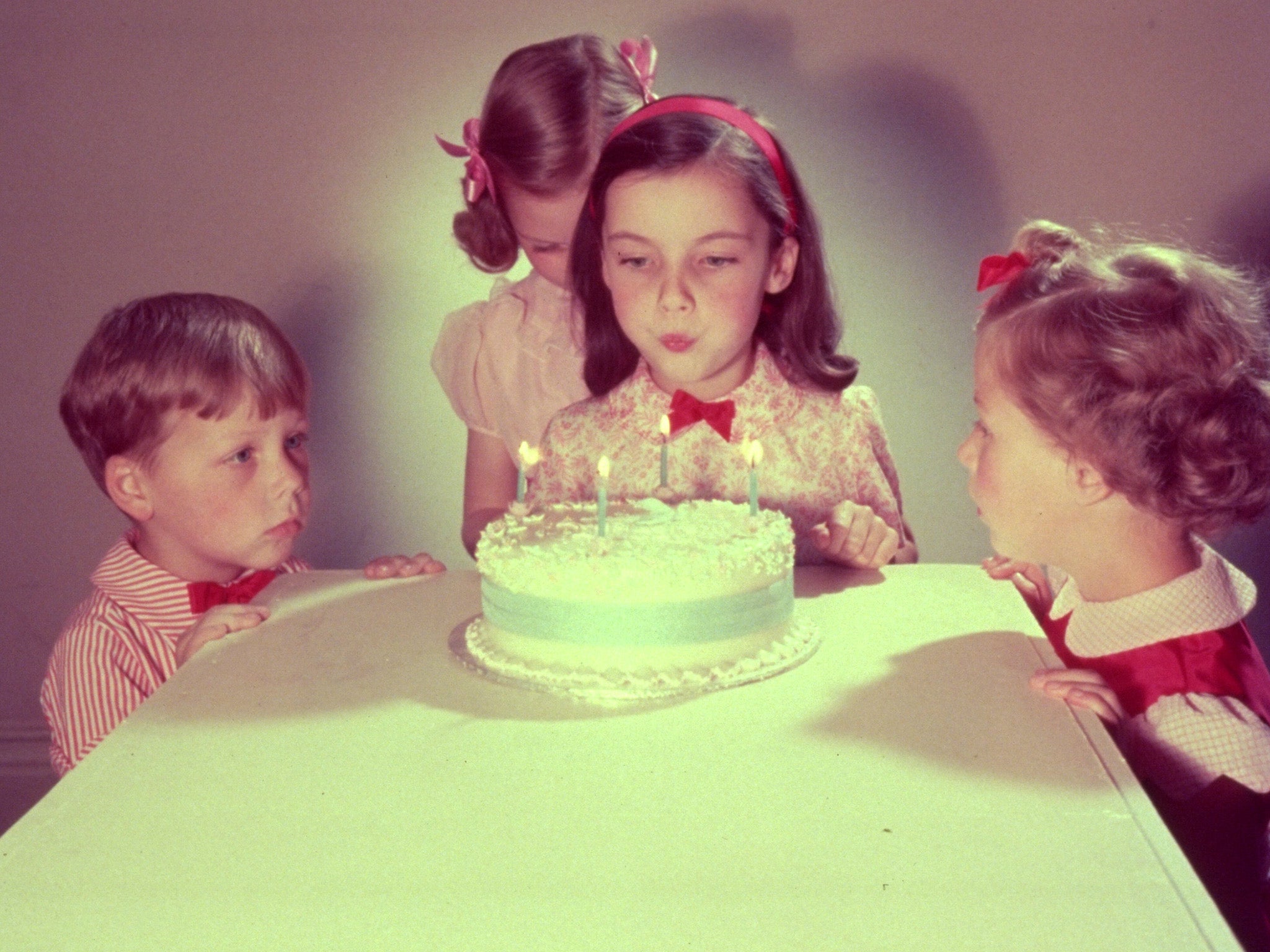'Happy Birthday' song finally free to use after copyright lifted in landmark court ruling
For 80 years, film companies have been forced to pay to feature the song

Your support helps us to tell the story
From reproductive rights to climate change to Big Tech, The Independent is on the ground when the story is developing. Whether it's investigating the financials of Elon Musk's pro-Trump PAC or producing our latest documentary, 'The A Word', which shines a light on the American women fighting for reproductive rights, we know how important it is to parse out the facts from the messaging.
At such a critical moment in US history, we need reporters on the ground. Your donation allows us to keep sending journalists to speak to both sides of the story.
The Independent is trusted by Americans across the entire political spectrum. And unlike many other quality news outlets, we choose not to lock Americans out of our reporting and analysis with paywalls. We believe quality journalism should be available to everyone, paid for by those who can afford it.
Your support makes all the difference.The “Happy Birthday” song is finally free to use after a landmark court ruling in the US that concluded it should be “dedicated to public use and in the public domain”.
It comes after 80 years of film and production companies being forced to pay Warner/Chappell Music Inc to feature the song, avoid using it completely or avoid copyright by characters awkwardly interrupt the singing as it starts.
But US District Judge George H. King ruled on Tuesday that the music publishing company can no longer collect royalties, as it does not hold a valid copyright on the lyrics to the tune that is one of the mostly widely sung in the world,.
“Happy Birthday’s” original copyright, obtained by the Clayton F. Summy Co. from writers, only covered the tune's musical arrangement and not the lyrics, he concluded in a 43-page ruling.
It came at the conclusion of a lawsuit filed two years ago by Good Morning To You Productions Corp, which is working on a documentary film tentatively titled “Happy Birthday”, alongside several other plaintiffs.
The company challenged the Warner/Chappell’s copyright now held by, arguing that the song should be “dedicated to public use and in the public domain.”
“'Happy Birthday' is finally free after 80 years,” said Randall Newman, a lawyer for the plaintiffs in the suit, told the LA Times. “Finally, the charade is over. It's unbelievable.”
The lawsuit also asked for monetary damages and restitution of more than $5 million (£3.3 million) in licensing fees that had been collected from thousands of people and groups who paid to use the song over the years.
Marshall Lamm, a spokesperson for one of the plaintiffs' lawyers, said that issue would be determined later.
Enjoy unlimited access to 100 million ad-free songs and podcasts with Amazon Music
Sign up now for a 4 month free trial (3 months for non-Prime members)
Enjoy unlimited access to 100 million ad-free songs and podcasts with Amazon Music
Sign up now for a 4 month free trial (3 months for non-Prime members)
Ruypa Marya of the music group Ruypa & The April Fishes, who also fought the case, praised the court’s decision.
“I hope we can start reimagining copyright law to do what it's supposed to do — protect the creations of people who make stuff so that we can continue to make more stuff,” said Marya, who added she paid Warner/Chappell $455 (£300) to include “Happy Birthday To You” on a live album during which members of her band and audience sang the song to her the night before her birthday.
Warner/Chappell has said it does not attempt to collect royalties from members of the public singing the song and only targets those who use it in a commercial enterprise.
“We are looking at the court's lengthy opinion and considering our options,” Warner/Chappell said in a statement following Tuesday's ruling.
In his ruling King went into great detail about the history of “Happy Birthday To You,” which he said was derived from another popular children's song, “Good Morning to All.”
That song was written by sisters Mildred Hill and Patty Hill sometime before 1893, the judge said, adding that the sisters assigned the rights to it and other songs to Clayton F. Summy, who copyrighted and published them in a book titled “Song Stories for the Kindergarten.”
“The origins of the lyrics to Happy Birthday (the 'Happy Birthday lyrics') are less clear,” the judge continued, adding the first known reference to them appeared in a 1901 article in the Inland Educator and Indiana School Journal.
The full lyrics themselves, King said, didn't appear in print until 1911.
Since then, they have become the most famous lyrics in the English language, according to Guinness World Records. The song is also sung in countless other languages around the world.
Additional reporting by AP
Join our commenting forum
Join thought-provoking conversations, follow other Independent readers and see their replies
Comments